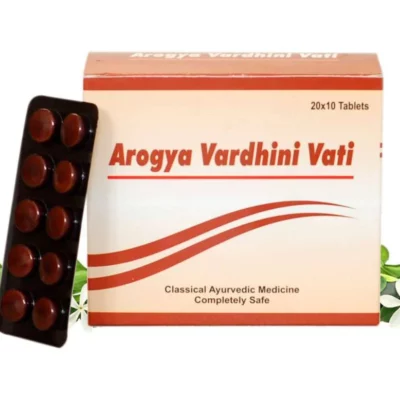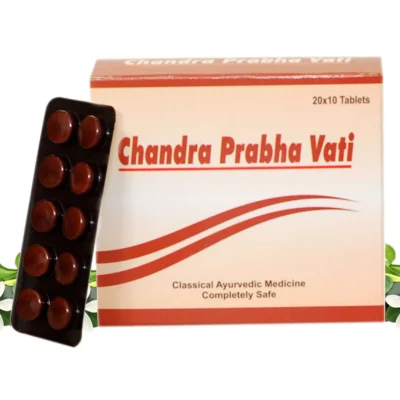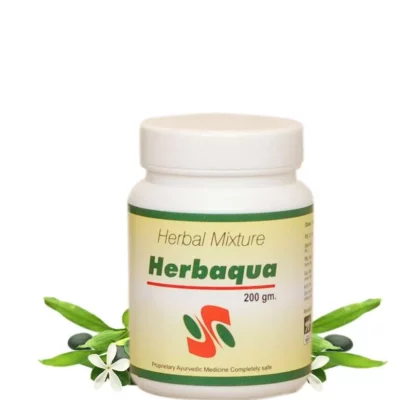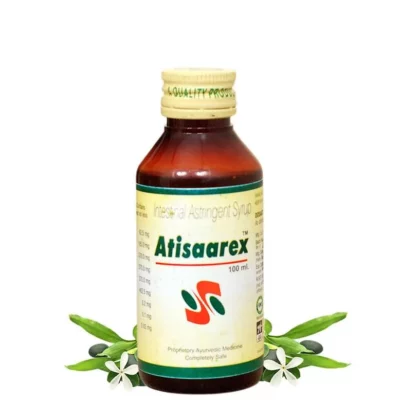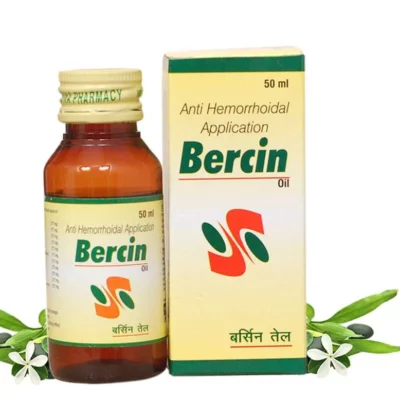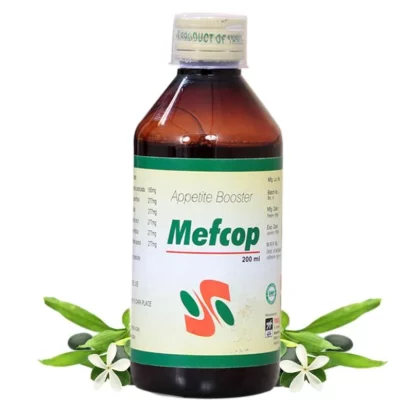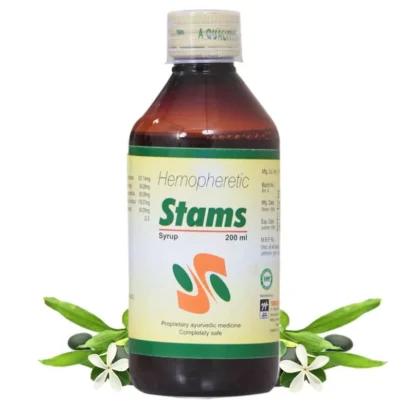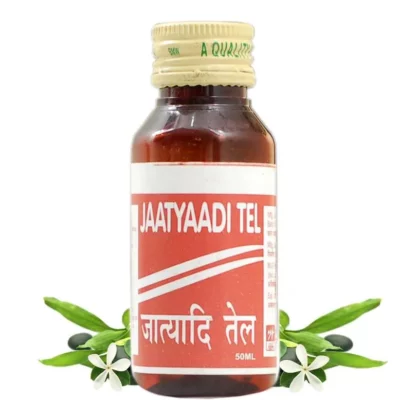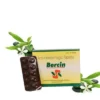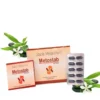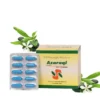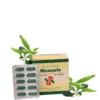Jaundice is a clinical manifestation of disorders underlying bilirubin metabolism, hepatocellular dysfunction or biliary obstruction. It occurs due to inability to secrete bile effectively. The levels of bilirubin in blood are normally below 1.0 mg/dL and levels over 2-3 mg/dL typically results in jaundice.
It is caused due to elevated blood levels of bilirubin which leads to yellow discolouration in the eyes, skin and mucous membranes. Bilirubin is a yellow- coloured waste product that occurs in the normal catabolic pathway and breaks down the haeme.
What is the cause of Jaundice according to Ayurveda?
According to Ayurveda, anaemia is one of the causes of jaundice whose reference has been found in one of the shlokas mentioned in Charak Samhita (ancient Ayurvedic text).
“paandu rogee tu yo atyarthama pittalaani nishevate
tasya asruk maamsam dagdhwaa rogaaya kalpate”
(Reference: Charak Chikitsa Sthana 16/34)
Meaning: When the person is suffering from Pandu (anaemia) and during the process of recovery or after getting cured, the patient consumes Pitta aggravating foods and life activities in excess, the blood gets aggravated and burns the muscles.
This leads to the manifestation of Kamala (jaundice). Since it manifests on the backdrop of neglected or improperly cured pandu roga (anaemia), the same causes that cause pandu roga are also the causes of kamala.
What are the symptoms of Jaundice?
The symptoms of jaundice have been described in Charak Samhita. According to that:
“haridra netraha sa bhrusham haridra twak nakha aananaha rakta peeta shakrut mootro bheka varno hata indriyaha daaha avipaaka daurbalaya sadana aruchi karshitaha kamala bahu pitta usha koshta shaaka aashryaha mataa”.
Reference: Charak Samhita 16/35-36)
Meaning:
- Eyes, skin, nails and face become turmeric coloured
- Bloody red or yellow -coloured faeces
- Body looks like that of a frog in rainy season
- Destruction of sense organs
- Burning sensation
- Indigestion
- Weakness
- Tiredness and fatigue
- Tastelessness and anorexia
- Emaciation
What is the Ayurvedic treatment of Jaundice?
Pandu roga and kamala are treated on same lines.
Master Charak has clearly explained in the 16th chapter of Chikitsa Sthana that Virechana is the best treatment among all the treatments of Kamala Rogas (Kosthas Akashrita i.e., infective hepatitis). The general line of Ayurvedic treatment of jaundice is Shodhana and Sanshamana Chikitsa.
In Ayurveda, it is said that Yakrit (liver) is the mula–sthana (root place) of Rakta (blood). For elimination of Pitta dosha, Virechan is described as the best chikitsa (treatment).
The herbs that act as Rasayana, Tridoshghana, improve dhatu formation, Raktshodhaka, Pittashamaka are prescribed for the treatment of jaundice.
Some of the herbs useful in the treatment of Jaundice are:
- Kutaki (Picrorrhiza kurroa): Katuki is one of the best herbs for liver related disorders. The rhizomes and roots of this herb are mainly used for medicinal purposes.
- It is quite useful in jaundice as it protects the liver against cell damage caused by free radicals due to its hepatoprotective and antioxidant properties.
- Kutaki is known for intense bitter taste in Ayurveda but it is cooling, cleansing and anti-bacterial in nature.
- As a Pitta pacifier, it acts as an anti-inflammatory, detoxifier and anti-microbial.
- Being raktadoshahara (blood purifying) in nature, it is widely used in the treatment of jaundice in Ayurveda.
- It acts as a detoxifier as it can unblock the duct system so that bile does not accumulate in the bloodstream.
- Triphala: Triphala is a well-known Ayurvedic Rasayana formulation that is prescribed in various disorders. It is a combination (equal proportion 1:1:1) of dried phala (fruits) such as Amalaki (Emblica officinalis), Bibhitaki (Terminalia bellirica) and Haritaki (Terminalia chebula).
- Triphala has hepatoprotective property and plays an important role in the detoxification of the body.
- It acts as a purgative and helps in expelling toxins from the system.
- Chicory (Chichorium intybus): The flowers, roots, seeds are most frequently used in Ayurveda for the treatment of liver disorders.
- The liquid extract of chicory is useful in treating sluggishness of liver, obstruction in the flux of bile which are associated with jaundice.
- Intake of this herb is useful in the healthy secretion of bile as well.
- Aloe vera (Aloe barbadensis): Aloe vera has a soothing effect on the liver. It is a perfect remedy for all types of liver disorders.
- For jaundice, the combination of the pulp of its leaves should be taken with ginger and black salt every morning.
- Kalmegh (Andrographis paniculata): Kalmegh is commonly known as ‘King of Bitters’. The bitter taste of Kalmegh helps in removing the toxic substances from the body. It reduces Pitta and Kapha doshas.
- It is useful in the treatment of vitiated Pitta in the liver. As per Ayurveda, vitiated Pitta dosha in the liver is responsible for jaundice.
- The excess pitta dosha causes disturbances in the secretion of liver enzymes.
- It exhibits hepatoprotective and hepato-stimulative properties.
Some Home Remedies for the treatment of Jaundice are:
- Aaragwadha (Cassia fistula): The pulp of Aaragwadha mixed with dry ginger powder, pippali (long pepper) and maricha (black pepper) should be consumed twice a day.
- Triphala Kwath: Decoction of Haritaki (Terminalia chebula), Bibhitaki (Terminalia bellirica) and Amalaki (Emblica officinalis) mixed with honey should be consumed twice a day.
- Neem Leaves: The juice of neem leaves mixed with honey is also beneficial in jaundice.
- Radish Juice: The fresh radish juice is also very effective for jaundice. Take it twice a day.
In addition to herbs, some Ayurvedic medicines are quite effective in the treatment of jaundice. The medicines that have properties such as Pittahar (pacifies Pitta dosha), Pittrechak, yakrit uttejak (stimulates liver to secrete digestive enzymes), rechan, deepan, pachak (digestive), shothhara (relieves inflammation), jwarhara (pacifies fever), panduhara (provides relief in anaemia), raktvikarhara (corrects the vitiated blood tissue), tridoshahara (pacifies all the three doshas), pittasarak, daha prashman (reduces burning sensation) and rakpittahara (useful in blood disorders) are used.
Some Ayurvedic medicines useful in the treatment of Jaundice are:
1.Arogyavardhini Vati
- Kumari Asav
- Punarnava Mandoor
- Lauhasava
- Bhringraj Powder
Diet and Lifestyle:
- Intake of cereals such as old rice, barley, godhuma (wheat) are recommended.
- Fruits such as oranges, watermelon, apples, grapes, pears should be taken.
- The intake of fried food items, foods containing artificial flavours and preservatives should be strictly avoided.
Thus, Jaundice can be successfully treated with herbs, herbal remedies and changes in diet and lifestyle.



